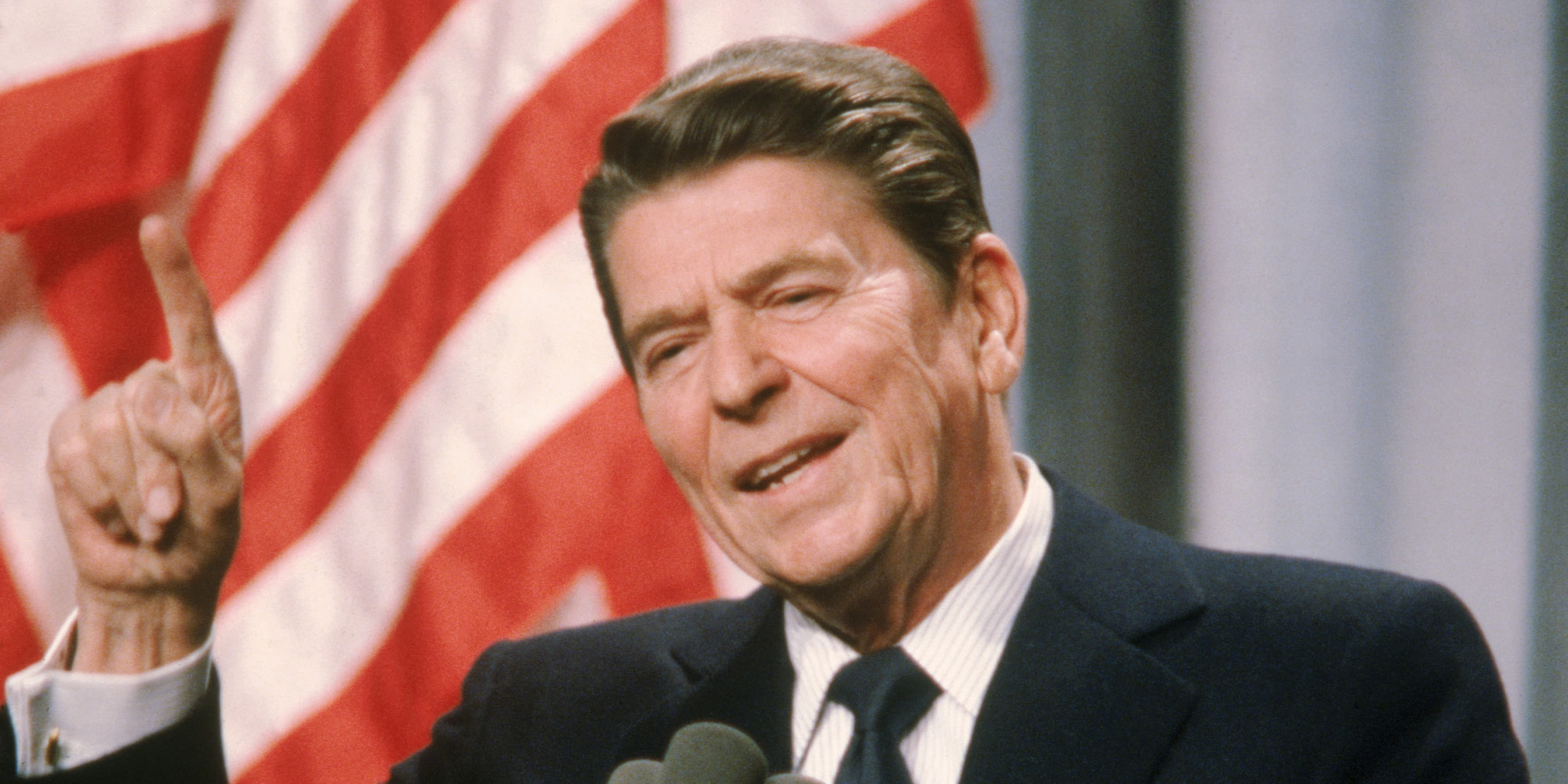
What today’s Republicans don’t get about Ronald Reagan
By Jacob Weisberg
He supported the biggest amnesty bill in history for illegal immigrants, advocated gun control, used Keynesian stimulus to jump-start the economy, favored personal diplomacy even with the country’s sworn enemies and instituted tax increases in six of the eight years of his presidency.
He was Ronald Reagan.
The core beliefs that got Reagan elected and re-elected were conservative: lower taxes, smaller government and a stronger, more assertive military. But Reagan was also a pragmatist, willing to compromise, able to improvise in pursuit of his goals and, most of all, eager to expand his party’s appeal.
The current field of Republican presidential candidates invokes Reagan as a patron saint, but the characteristics that made him a successful politician seem lost on them. Instead, they’ve turned his party into a swamp of nativism, ideological extremism and pessimism about the country’s future, in direct opposition to Reagan’s example. And they’ve transformed primary season into a reality show of insults, betrayals and open feuds, defying the so-called 11th Commandment that Reagan espoused: Thou shall not speak ill of any fellow Republican.
Once in office, Reagan said that anytime he could get 70 percent of what he wanted from a legislature, he’d take it. Today’s congressional Republicans won’t settle even for 99 percent: Their mentality has shifted away from having policies and governing and toward a kind of bitter-end obstructionism.
In the early days of the presidency of Bill Clinton, congressional Republicans essentially went on strike, treating any legislative accomplishment as a Republican defeat, but they came to the table for a budget deal in 1997. With President Obama, they have largely refused to accept the basic legitimacy of a Democratic president. The tactical obstinacy of the 1990s has curdled into the belief that any compromise constitutes betrayal, a dynamic now playing out in the primaries.
The issue that shows the divide most sharply between Reagan and the current crop of presidential hopefuls is immigration. In the past, Republican candidates have been justly criticized for deploying racially coded messages around crime and welfare. But in the main, the party has for decades embraced Reagan’s notion of American identity based on immigration, assimilation and economic opportunity. Every Republican presidential nominee since Reagan has been a moderate on immigration, and has wanted to bring Latinos into the Republican fold.
(Click here to continue reading this New York Times article.)


